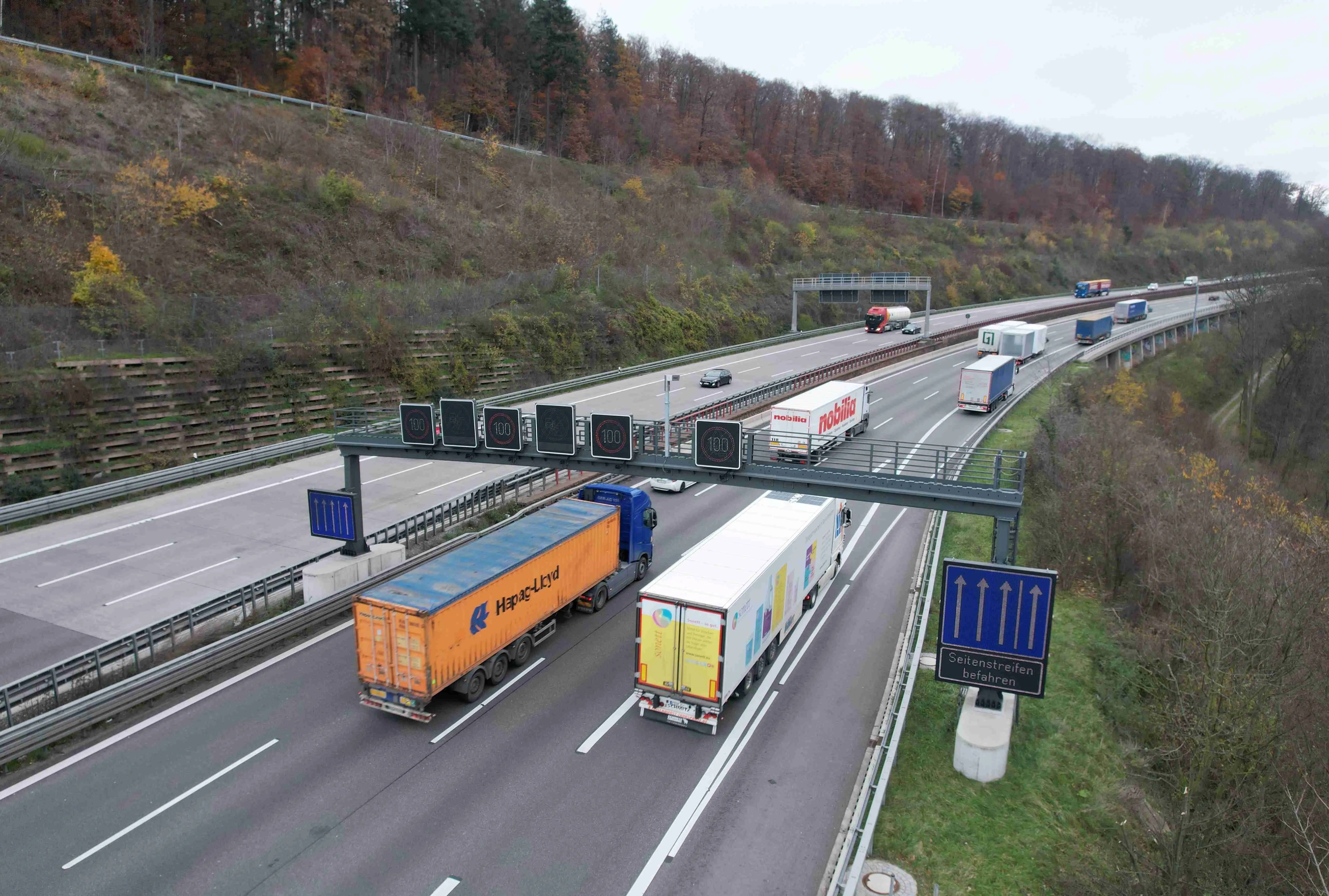According to German toll company Toll Collect, the German government has put in place legislation which requires that from 1 July 2015 light vehicles using German federal trunk roads will be subject to toll. Vehicles with a gross weight of 7.5 tonnes or more will be included from 1 October 2015.
Around 250,000 vehicles are expected to be affected, of which around 90,000 are from abroad. The toll also applies to combinations, i.e., trucks with trailers, which are heavier than 7.5 tonnes.
The trunk road
May 21, 2015
Read time: 2 mins
According to German toll company 485 Toll Collect, the German government has put in place legislation which requires that from 1 July 2015 light vehicles using German federal trunk roads will be subject to toll. Vehicles with a gross weight of 7.5 tonnes or more will be included from 1 October 2015.
Around 250,000 vehicles are expected to be affected, of which around 90,000 are from abroad. The toll also applies to combinations, i.e., trucks with trailers, which are heavier than 7.5 tonnes.
The trunk roads liable for toll will also include trunk roads which are not directly connected to the existing network of toll roads. A total of 44 routes are expected to be affected throughout Germany.
The toll rate comprises a cost for infrastructure and a cost for air pollution caused by trucks, which is determined by the emission class of a particular truck. The partial toll rate for infrastructure is based on the axle class. The axle classes will be extended from two to four and more axles.
Tolls will be collected automatically via on board units mounted in vehicles.
Around 250,000 vehicles are expected to be affected, of which around 90,000 are from abroad. The toll also applies to combinations, i.e., trucks with trailers, which are heavier than 7.5 tonnes.
The trunk roads liable for toll will also include trunk roads which are not directly connected to the existing network of toll roads. A total of 44 routes are expected to be affected throughout Germany.
The toll rate comprises a cost for infrastructure and a cost for air pollution caused by trucks, which is determined by the emission class of a particular truck. The partial toll rate for infrastructure is based on the axle class. The axle classes will be extended from two to four and more axles.
Tolls will be collected automatically via on board units mounted in vehicles.









